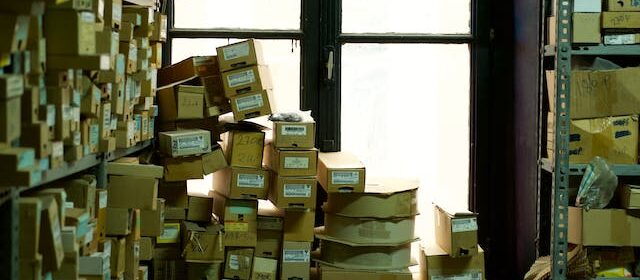Proper Disposal of a Christmas Tree: Eco-Friendly Tips for a Green Holiday Season

As the holiday season comes to an end, the festive decorations start to come down, and one of the central features—the Christmas tree—requires thoughtful disposal. Rather than contributing to unnecessary waste, consider eco-friendly methods for saying farewell to your holiday centerpiece. In this guide, we’ll explore proper ways to dispose of a Christmas tree, ensuring a green conclusion to the holiday season.
- Check Local Recycling Programs:
Many communities offer Christmas tree recycling programs. Check with your local waste management or recycling center to find out if they accept Christmas trees. Some programs chip the trees into mulch, which is then used for landscaping or conservation efforts. This sustainable option not only recycles the tree but also benefits the environment.
- Mulching at Home:
If your local recycling program doesn’t accept Christmas trees, consider mulching it at home. A chipper or shredder can turn your tree into valuable mulch for your garden. Make sure to remove all decorations and lights before mulching, and spread the mulch around your plants to improve soil quality and moisture retention.
- Repurpose for Wildlife:
Before disposing of your tree, consider repurposing it to benefit local wildlife. Place the tree in your backyard to create a natural habitat for birds. Hang bird feeders, suet, or even strings of popcorn on the branches to attract and nourish wildlife during the winter months.
- Artificial Reef Creation:
In coastal areas, some organizations use recycled Christmas trees to create artificial reefs. The trees provide a structure for marine life to inhabit and can contribute to the restoration of underwater ecosystems. Check with local environmental agencies or nonprofits to see if they have a program for repurposing Christmas trees in this way.
- Composting:
Composting is another eco-friendly option for Christmas tree disposal. Some communities have curbside composting programs that accept trees. If you compost at home, be sure to remove all decorations and tinsel before adding the tree to your compost pile. The tree will break down over time, enriching your compost with essential nutrients.
- Contact Local Boy Scouts or Nonprofits:
In some areas, Boy Scout troops or local nonprofits may offer tree pick-up services as part of fundraising initiatives. These organizations may collect trees and recycle or repurpose them, using the funds raised to support community projects.
- DIY Crafts and Decor:
Before parting with your Christmas tree, consider repurposing its branches for DIY crafts or decor. Create wreaths, garlands, or even homemade potpourri by using dried pine needles. This not only reduces waste but also extends the life of your tree in a creative and festive way.
Saying goodbye to your Christmas tree doesn’t have to mean contributing to landfill waste. By exploring these eco-friendly disposal options, you can make a positive impact on the environment and contribute to sustainable practices during the holiday season. From recycling programs to creating wildlife habitats, there are numerous ways to ensure that your Christmas tree’s journey continues long after the holiday lights have been dimmed. Let’s make the conclusion of the festive season as green and sustainable as possible!









